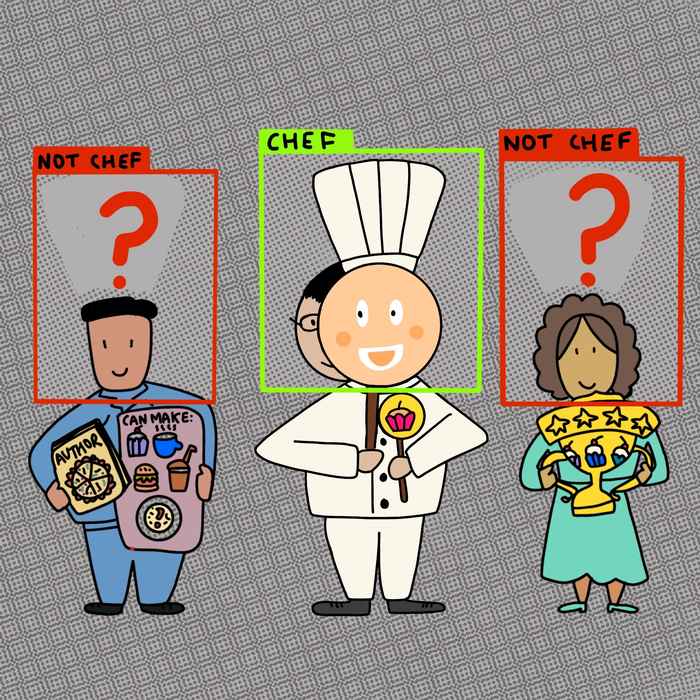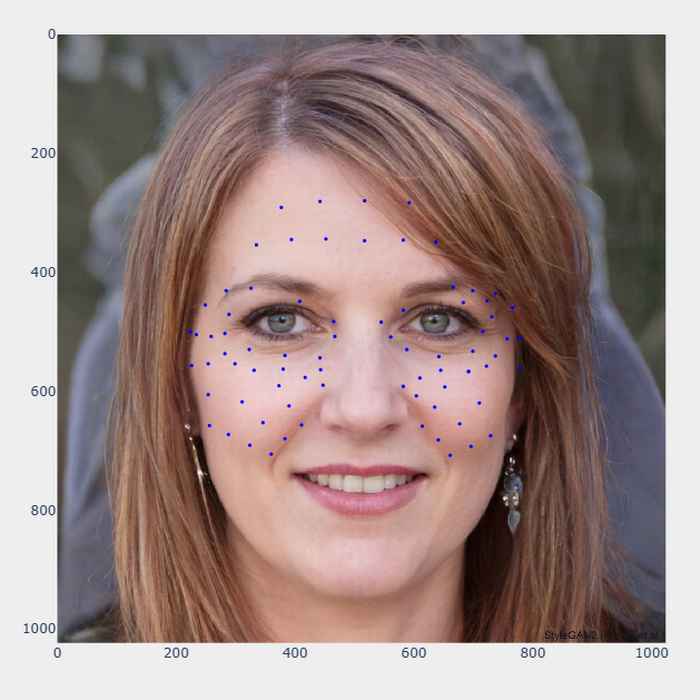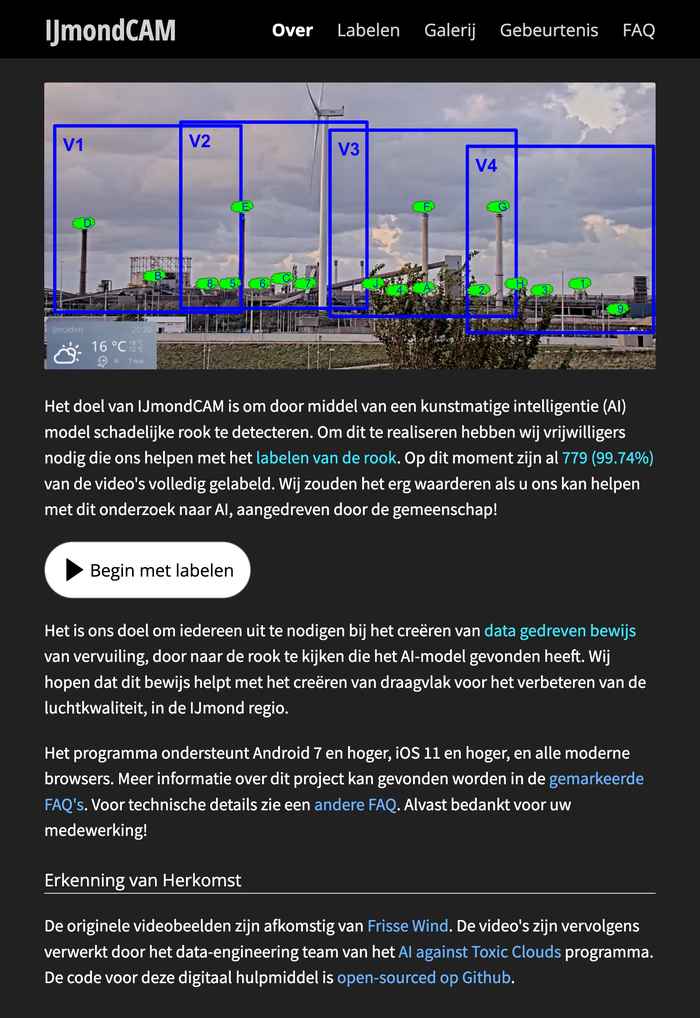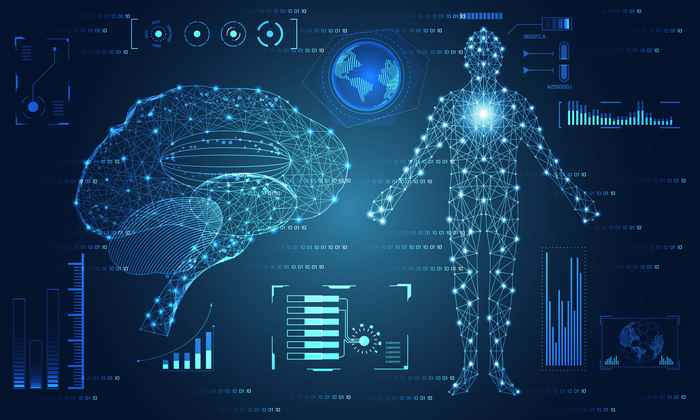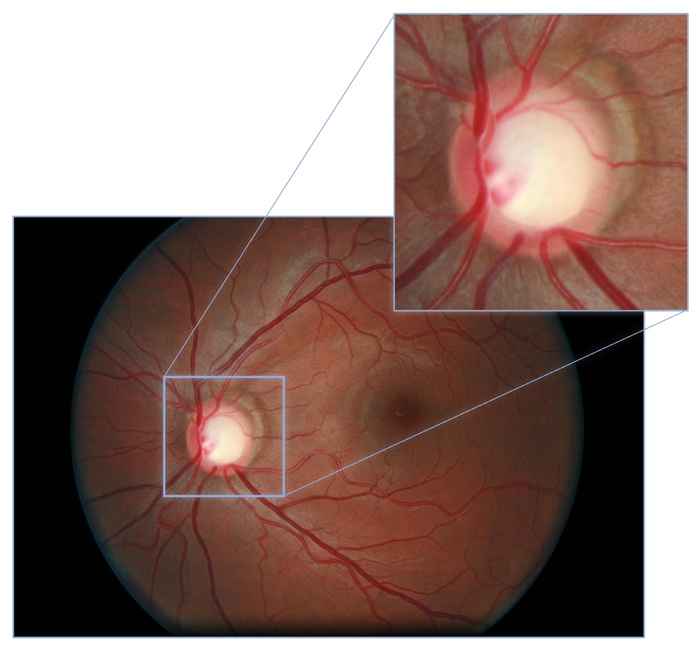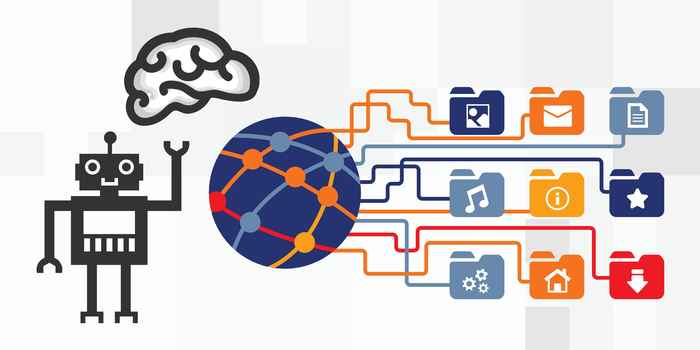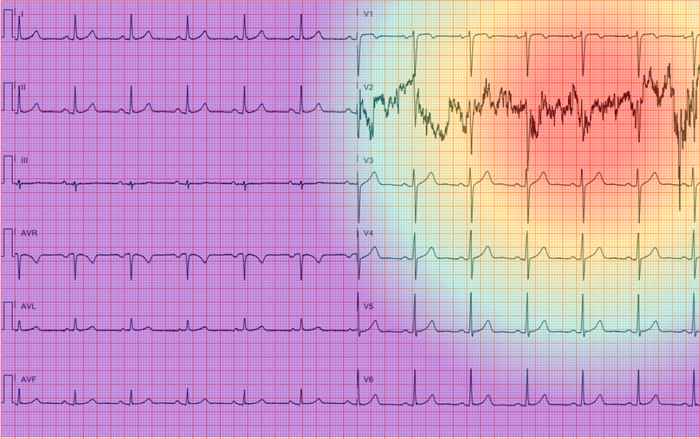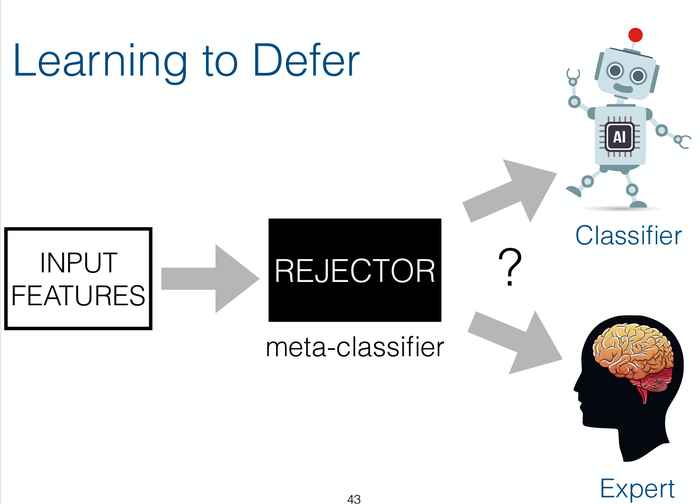Artificial Intelligence (AI)
Societal context
Artificial intelligence (AI) rapidly translates our texts into a multitude of foreign languages, lets us talk to personal devices, recognizes our faces, helps doctors make medical diagnoses and makes cars partly self-driving. AI has developed into one of the most important technologies of the 21st century.
Roughly speaking, AI consists of two branches: machine reasoning (based on knowledge and logic) and machine learning (a kind of pattern recognition based on statistics). In particular machine learning has seen major scientific breakthroughs since 2012 and has been rapidly rolled out in all kinds of products and services. These applications in turn raise all kind of new scientific questions.
Scientific challenges
On the fundamental side of the AI research at IvI we develop and use core machine learning techniques for applications in science and industry, and we investigate how to make AI-methods faster and more energy efficient.
With an eye on potential applications, we develop computer vision technologies, in particular for colour processing, 3D reconstruction, object recognition, and human-behaviour analysis. We study how AI can understand and generate natural language and how AI can help people understand large collections of images, video, text, audio and graphs. We also investigate how AI technologies can enhance health care.
Finally, we study AI in the broader context of users and society in general. How can we bring the right information to the right people in a fair and transparant way? How to shape the interaction between humans and AI so that humanity really benefits from AI? And how can we use AI so that all people can benefit from it and inequality is reduced?
IvI research groups associated with the AI theme
as their primary focus are:
- Amsterdam Machine Learning Lab (AMLab)
- Computer Vision research group (CV)
- Information Retrieval Lab (IRLab)
- Language Technology Lab (LTL)
- Multimedia Analytics (MultiX)
- Quantitative Healthcare Analysis group (qurAI)
- Video & Image Sense Lab (VIS)
as their secondary focus are:
- Complex Cyber Infrastructure (CCI)
- Computational Science Lab (CSL)
- Digital Interactions Lab (DIL)
- INtelligent Data Engineering Lab (INDElab)
- Parallel Computing Systems (PCS)
- Socially Intelligent Artificial Systems (SIAS)
- Theory of Computer Science (TCS)
ICAI Labs
In 2018 the University of Amsterdam together with the Vrije Universiteit Amsterdam founded the Innovation Center for Artificial Intelligence (ICAI). Together with partners from industry, governmental and non-governmental organizations, IvI has set up so called ICAI Labs.
